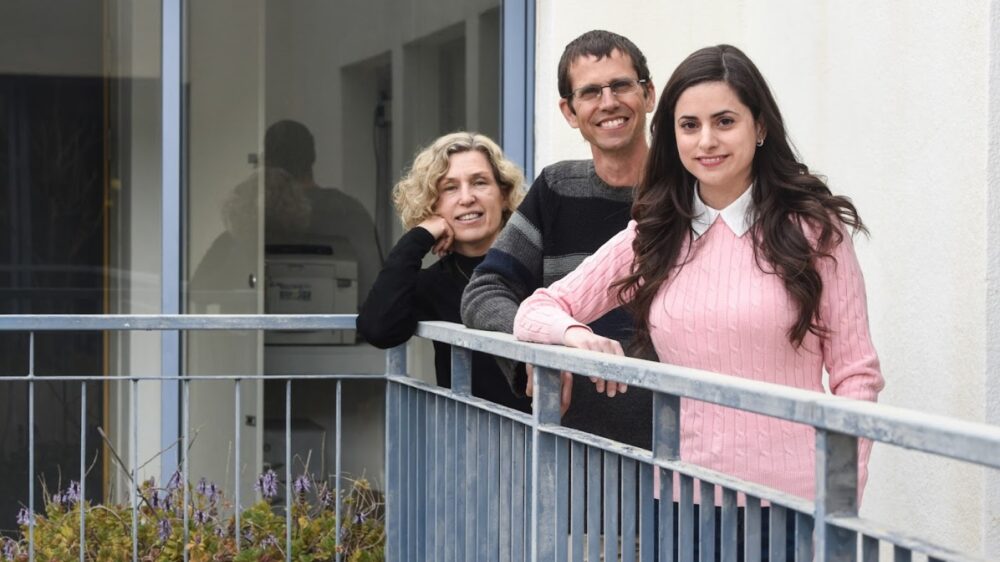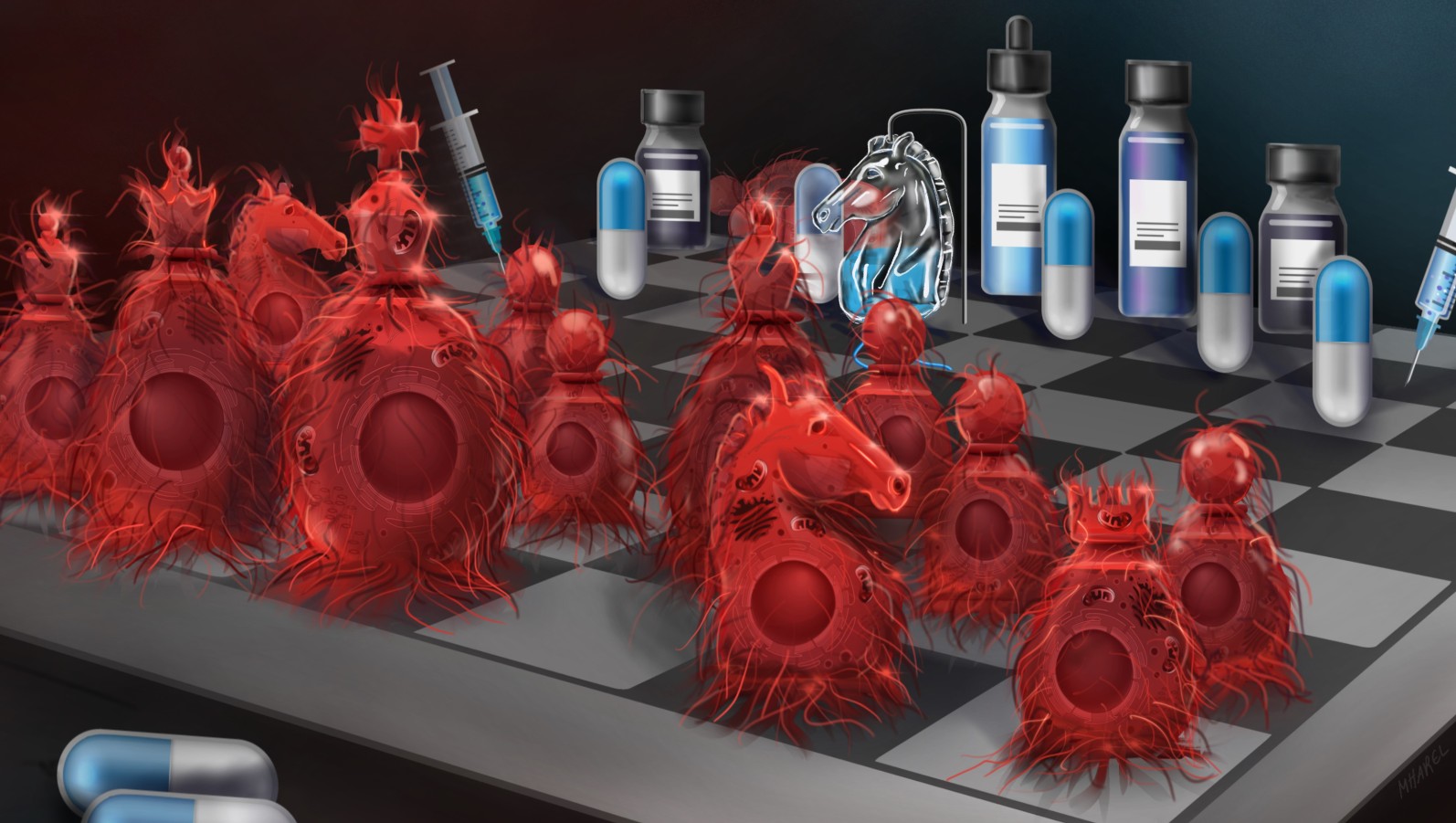What enables cancer to spread and grow in different parts of the body? How does it become resistant to drugs?
In an opinion piece in iScience, Technion researchers Aseel Shomar, Prof. Omri Barak and Prof. Naama Brenner propose that cancer cells learn and adapt to changing environments in the body, actively searching for solutions enabling them to survive.
This idea contradicts the common understanding that random mutations are what give cancer cells drug resistance and allow them to metastasize.
However, the Israeli scientists saw mounting evidence from research groups around the world that these abilities may not be random at all. After all, treatment plans based on the random mutation theory have not significantly increased patients’ life expectancy.

Obviously, cells have no brain. The learning process is triggered by stress, Brenner proposes.
When a cancer cell senses stress, it seeks relief by embarking on a trial-and-error process within the gene regulatory network, changing the way existing genes are expressed. An interaction that reduces the stress gets strengthened.
Although it seems unlikely that such a process would work, computer simulations based on learning theory showed that cells could, in fact, learn and adapt in this fashion.
Previous studies by Brenner, Prof. Erez Braun and others from the Technion’s Network Biology Research Lab have shown that yeast cells also adapt to new environments and develop new abilities.
The three researchers say that this new understanding of cancer cells is a crucial step toward developing more effective treatments.
“There is an interaction between the individual cell and the tissue,” Brenner said.
“The cell has the capacity to explore, but the tissue imposes order and stability. We propose that using the approach and methods of learning theory will help investigate this interaction in greater depth. Cancer could perhaps be treated through strengthening the tissue’s ability to calm and control the pre-cancerous cell.”

















